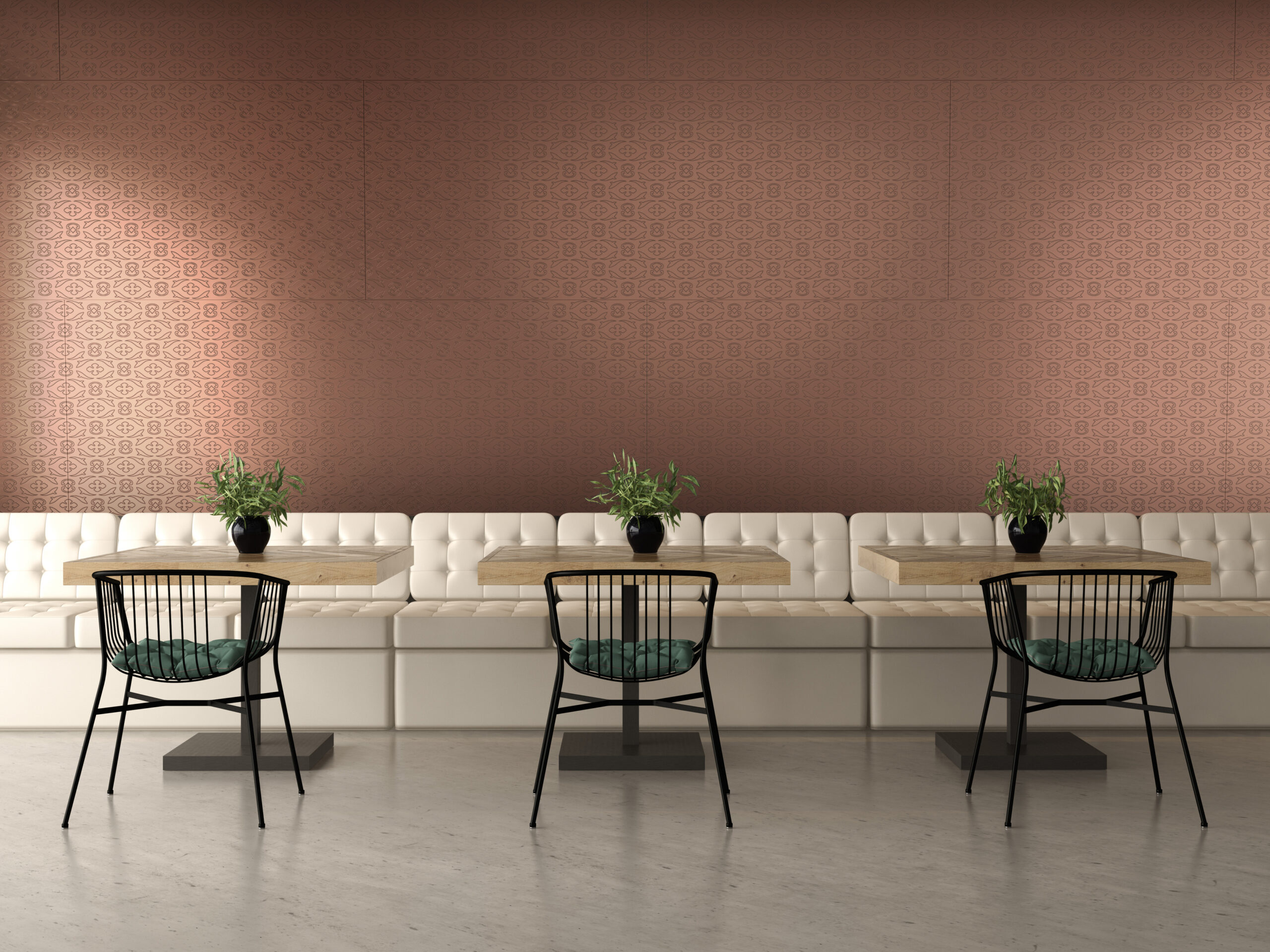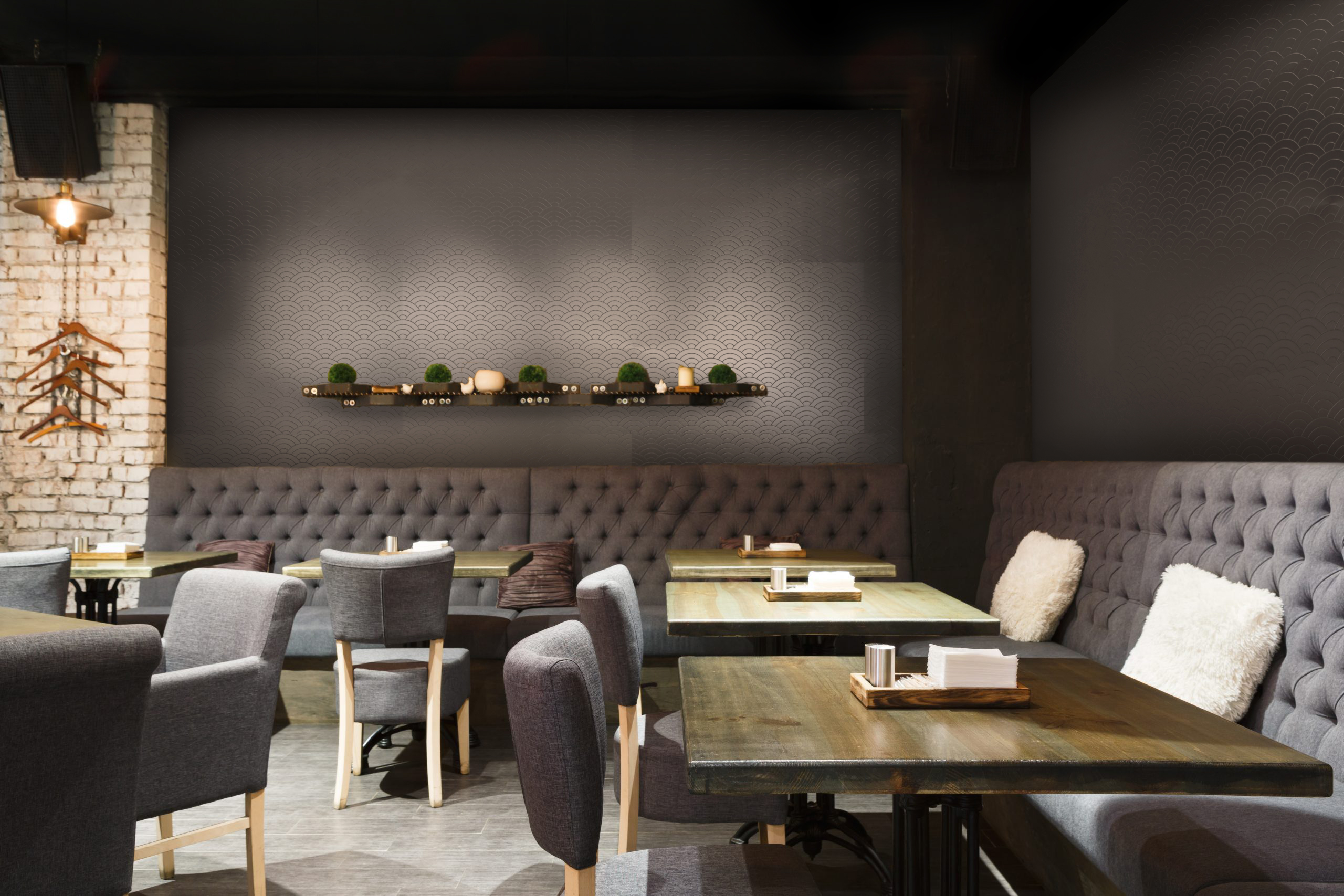Welcome to the exciting world of decorative metal wall panels! As an interior design enthusiast, I stumbled upon these stunning elements a few years ago when I decided to renovate my living room. I’ve since become an advocate for using metal wall panels in various settings. Let’s dive deep into this fascinating topic, exploring styles, benefits, installation tips, and more!
What Are Decorative Metal Wall Panels?
Decorative metal wall panels are architectural elements crafted from various metals such as aluminum, stainless steel, copper, and zinc. These panels serve both aesthetic and functional purposes, making them a popular choice among homeowners and designers alike.
Benefits of Using Decorative Metal Wall Panels
1. Aesthetic Appeal
Metal wall panels add a contemporary and sleek touch to any space. Their reflective surfaces can also enhance natural light, making rooms feel larger and more inviting.
2. Durability
One of the standout features of metal panels is their durability. They resist moisture, mold, and pests, making them ideal for various applications, from kitchens to bathrooms.
3. Easy Maintenance
Unlike traditional wall coverings, metal panels require minimal maintenance. A simple wipe-down is usually enough to keep them looking new.
4. Versatility
Metal wall panels come in an array of styles, finishes, and colors, allowing you to customize them to suit your decor theme perfectly.

5. Eco-Friendly Options
Many metal panels are made from recycled materials, making them an excellent choice for environmentally conscious homeowners.
Popular Styles of Decorative Metal Wall Panels

1. Modern and Geometric Patterns
Modern metal wall panels often feature sleek geometric patterns that can complement contemporary interiors. They can be arranged in various configurations to create unique visual effects.
2. Rustic and Vintage Finishes
For a more rustic feel, panels with distressed finishes or patinas lend warmth and charm to spaces. They work beautifully in farmhouse or vintage-styled homes.

3. Textured Panels
Textured metal panels can add depth and dimension to your walls. Options such as embossed or corrugated finishes can create compelling focal points.
4. Customizable Panels
Some manufacturers offer customizable panels that cater to specific design needs. You can choose patterns, colors, and finishes that match your vision.

How to Install Decorative Metal Wall Panels
Step-by-Step Installation Process
- Measure Your Space: Start by measuring the wall area where you want to install the panels.
- Select Your Panels: Choose panels that fit your style and space requirements.
- Prepare the Wall: Ensure the wall surface is clean, dry, and smooth. Repair any imperfections before installation.
- Cut Panels to Size: If necessary, use a saw to cut the metal panels to the desired dimensions.
- Apply Adhesive: Use a strong adhesive or construction glue to attach the panels to the wall.
- Secure Panels: For additional stability, use screws or nails. Ensure they are evenly spaced and align properly.
- Finishing Touches: After installation, clean the panels and apply any finishing products to enhance their appearance.

Comparison Table: Types of Decorative Metal Wall Panels
| Type | Material | Durability | Cost | Best For |
|---|---|---|---|---|
| Aluminum Panels | Aluminum | High | Moderate | Commercial applications, kitchens |
| Stainless Steel Panels | Stainless Steel | Very High | High | Modern interiors, high-end kitchens |
| Copper Panels | Copper | High | High | Rustic, vintage settings |
| Zinc Panels | Zinc | High | Moderate | Eclectic, contemporary designs |
Pros and Cons of Decorative Metal Wall Panels
Pros
- Enhances aesthetic appeal
- Requires minimal maintenance
- Highly durable and moisture-resistant
- Available in numerous designs and finishes
- Eco-friendly options available

Cons
- Can be expensive depending on the material
- Installation may require professional help for certain types
- Some finishes may scratch or dent
Creating a Cohesive Design with Metal Wall Panels
Integrating decorative metal wall panels into your overall interior design requires thoughtful consideration. Here are some tips to ensure a harmonious space:
- Consider the color palette of your room. Neutral panels can work well with colorful furnishings.
- Mix metal finishes like brass, copper, or aluminum for added depth and interest.
- Pair metal panels with soft materials such as textiles or wood to balance the space.
- Use lighting strategically to highlight the panels’ textures and finishes.

Frequently Asked Questions (FAQs)
1. Are metal wall panels suitable for outdoor use?
While metal wall panels are primarily designed for interiors, certain materials like stainless steel and aluminum can be used in outdoor applications with proper treatment to withstand environmental factors.
2. How do I clean decorative metal wall panels?
Cleaning metal wall panels is simple. Use a soft cloth and a mild detergent solution. Avoid abrasive cleaners that can scratch the surface.
3. Can I install metal wall panels myself?
Yes, DIY installation is possible for those with basic skills. However, hiring a professional is recommended for larger projects to ensure a perfect finish.
4. What is the average cost of decorative metal wall panels?
The cost can vary widely based on material, size, and design complexity, ranging from $30 to $200 per panel.